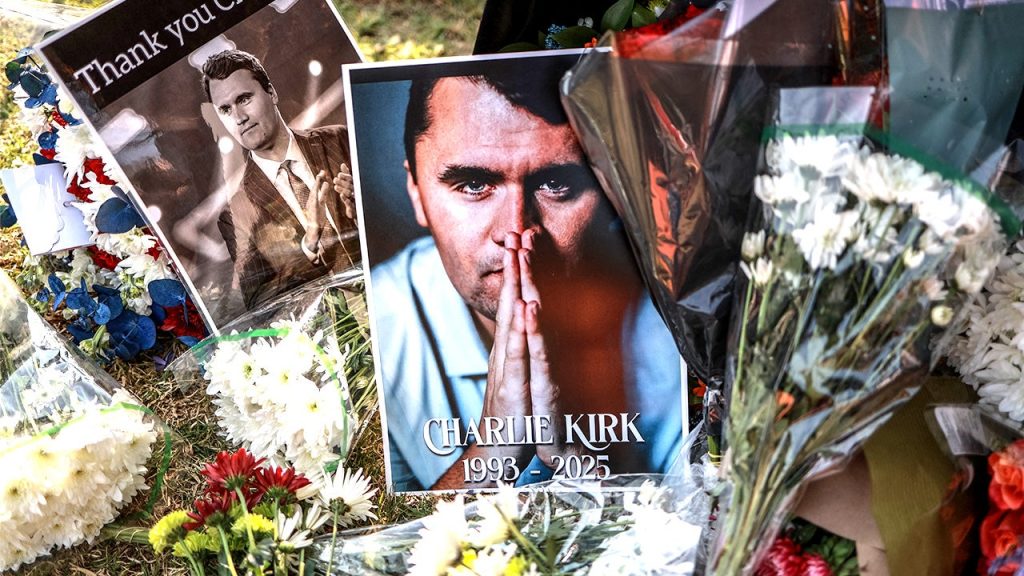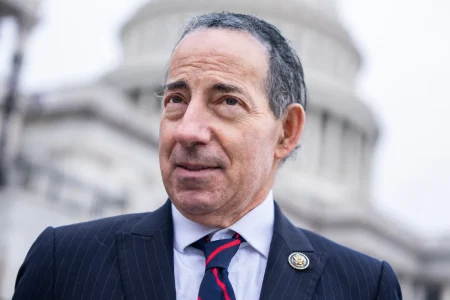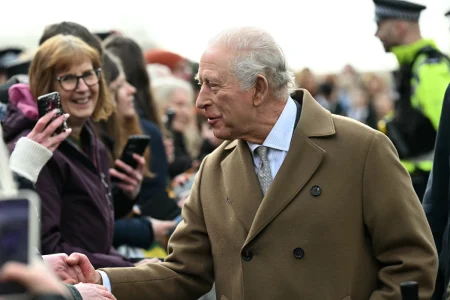Charlie Kirk’s Legacy: A Spiritual Awakening Among Young Americans
In the wake of Charlie Kirk’s tragic assassination in Utah on September 10, an unexpected spiritual revival has taken root across America. The founder of Turning Point USA, who spent years reaching out to young people about faith, family, values, and country, has ignited what many are now calling the “Charlie Kirk Effect”—a wave of religious interest among those who previously stood outside the church doors. According to Pastor Jack Hibbs of Calvary Chapel Chino Hills in California, Kirk helped countless young Americans discover their purpose in life. “People are coming to us, and they are saying, ‘I want to know the meaning of life, the purpose. Why am I here?'” Hibbs shared on “Fox and Friends First.” This existential questioning has led scores of non-believers to pick up a Bible for the first time, seeking answers to life’s deepest questions—questions that Kirk himself addressed throughout his public ministry.
The tangible impact of Kirk’s influence is being felt across religious communities nationwide. Matt Zerrusen, co-founder of Newman Ministry, a Catholic nonprofit supporting over 200 campus ministries, reports a significant increase in student faith engagement since Kirk’s passing. “I have not talked to anyone who has not seen an increase in Mass attendance,” he told Catholic News Agency. “Some schools are reporting increases of 15%.” Social media platforms have been flooded with posts from people expressing their intention to attend church for the first time or return after years of absence, directly attributing this decision to Kirk’s influence. The publishing industry has also witnessed this spiritual awakening, with Bible sales reaching 10 million copies through August 2025—an increase of over one million compared to the same period last year, according to BookScan data. Just weeks before his death, Kirk himself noted this trend, posting on X: “There is revival in the Christian church. Churches are growing. Young people are flocking to faith in God.”
William Wolfe, executive director of the Center for Baptist Leadership, echoed Department of War Secretary Pete Hegseth’s poignant observation that “Charlie Kirk started a political movement, but he ended it as a Christian movement.” This transformation was evident at Kirk’s memorial service in Glendale, Arizona, where worship and faith took center stage alongside political remembrances. Wolfe believes Kirk’s most enduring legacy won’t merely be bringing young people into conservative politics, but rather bringing them back to Jesus Christ. “I think Charlie Kirk made it cool to be Christian again,” Wolfe remarked. “That’s not our goal, but Charlie Kirk made it reasonable. He defended the faith.” Kirk’s ability to articulate Christian beliefs in the public square with both conviction and intellectual clarity resonated with a generation often skeptical of religious institutions but hungry for spiritual meaning.
Kirk’s personal faith journey informed everything he did in the public sphere. In a revealing conversation with actor Russell Brand last year—who was himself navigating a transition to Christianity—Kirk shared, “I’m nothing without Jesus. I’m a sinner. I fall incredibly short of the glory of God. We all do.” He spoke of giving his life to Christ in fifth grade, calling it “the most important decision I’ve ever made,” and emphasized that “everything I do incorporates Jesus Christ.” For Kirk, faith wasn’t merely a private matter but the foundation from which all other aspects of life—including his political activism—flowed. This integration of faith and public engagement offered a compelling model for young Americans searching for wholeness in an increasingly fragmented culture.
Beyond his faith, Kirk was a passionate advocate for family values in an era when traditional family structures are often questioned or dismissed. “Get married. Have children. Build a legacy. Pass down your values. Pursue the eternal. Seek true joy,” was a message he frequently shared with his audiences. In a touching Instagram post celebrating his daughter’s third birthday, Kirk wrote, “Having a family will change your life in the best ways, so get married and have kids. You won’t regret it.” This unapologetic celebration of family life countered prevailing cultural narratives that often prioritize individual autonomy and career advancement above all else. For many young people wrestling with questions about relationships and future family plans, Kirk’s joyful embrace of fatherhood and marriage offered an alternative vision of fulfillment.
Perhaps most revealing about Charlie Kirk’s character was his answer when asked how he wished to be remembered. “I want to be remembered for courage for my faith,” he said. “That would be the most important thing. The most important thing is my faith.” This priority has become his legacy, as thousands across America respond to his life—and death—by reconsidering their own spiritual journeys. The “Charlie Kirk Effect” continues to ripple through college campuses, churches, and communities, inviting a generation raised amid secular certainties to explore the spiritual dimensions of existence. While political figures are often remembered for their policy positions or electoral victories, Kirk’s most profound impact may be measured in the changed hearts and renewed faith of countless young Americans who, because of his witness, are asking deeper questions about purpose, meaning, and the divine. In this unexpected spiritual awakening, Charlie Kirk’s voice continues to echo, even after his tragic silencing.














